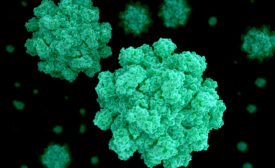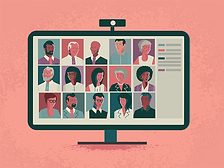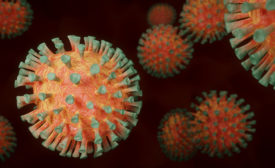Home » COVID-19
Articles Tagged with ''COVID-19''
Unanticipated disruptions, complicated by lean manufacturing principles, can quickly create a critical supply situation.
Read More
Back to Basics
A Perspective from the National Environmental Health Association
Creating an online sharing portal for the food safety community
April 16, 2021
Communication
Best Practices for Virtual Communication
Pivoting from traditional means of communication to ensure business continuity.
April 15, 2021
Food Safety Insights
Food Supply Chains and COVID-19: Impacts, Part 2
What changes are here to stay?
January 19, 2021
Never miss the latest news and trends driving the food safety industry
eNewsletter | Website | eMagazine
JOIN TODAY!Copyright ©2024. All Rights Reserved BNP Media.
Design, CMS, Hosting & Web Development :: ePublishing








